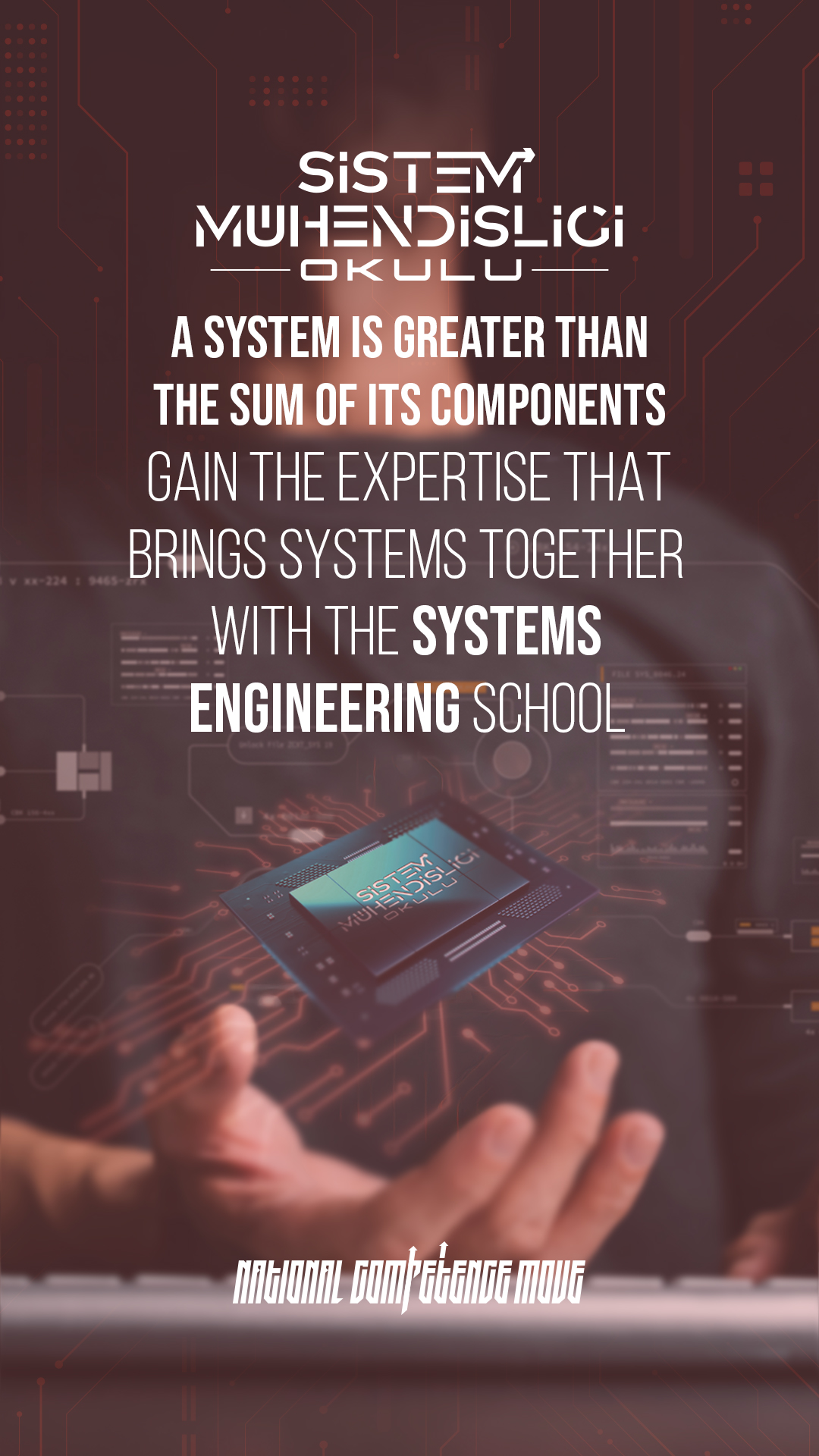
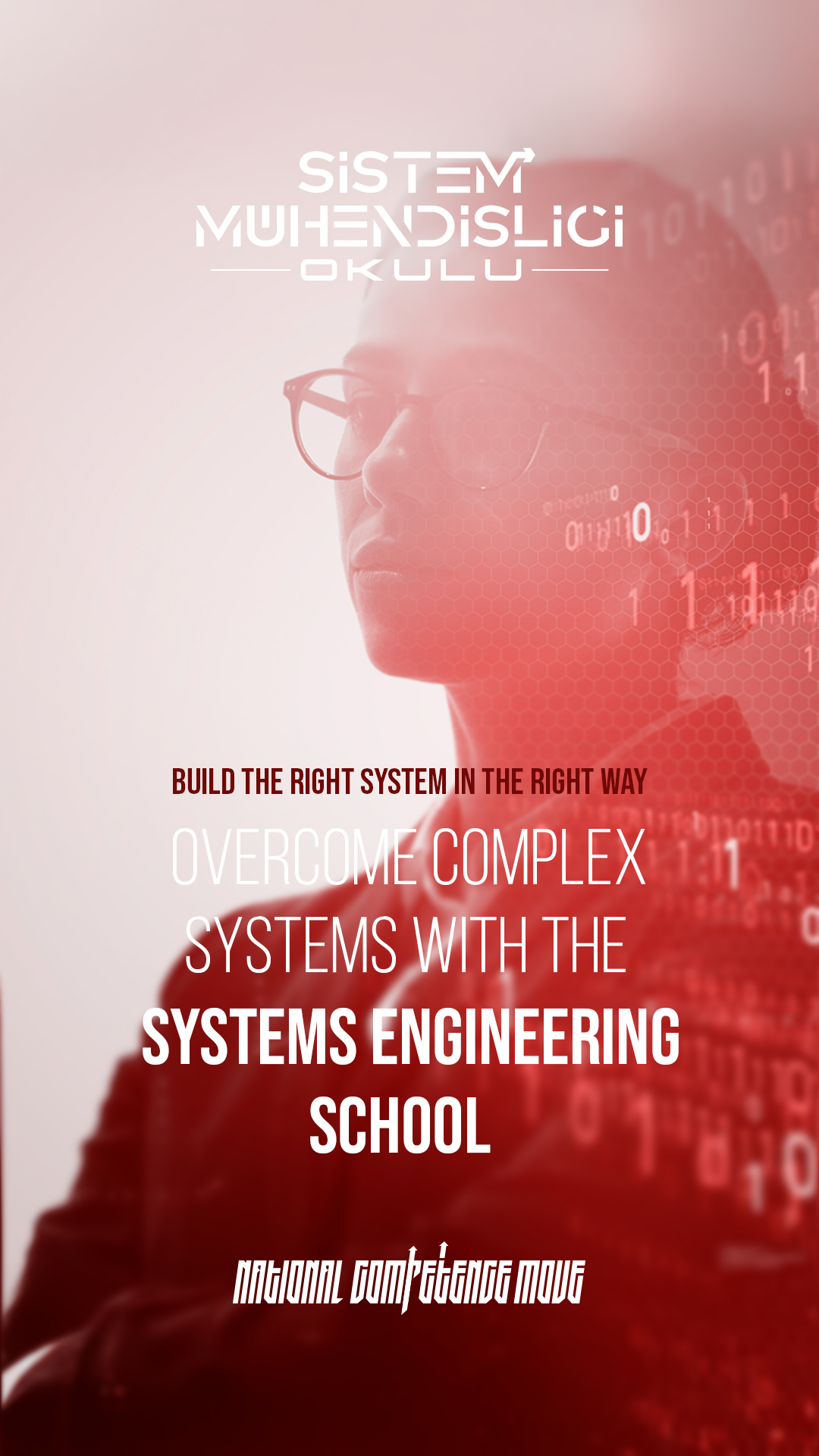
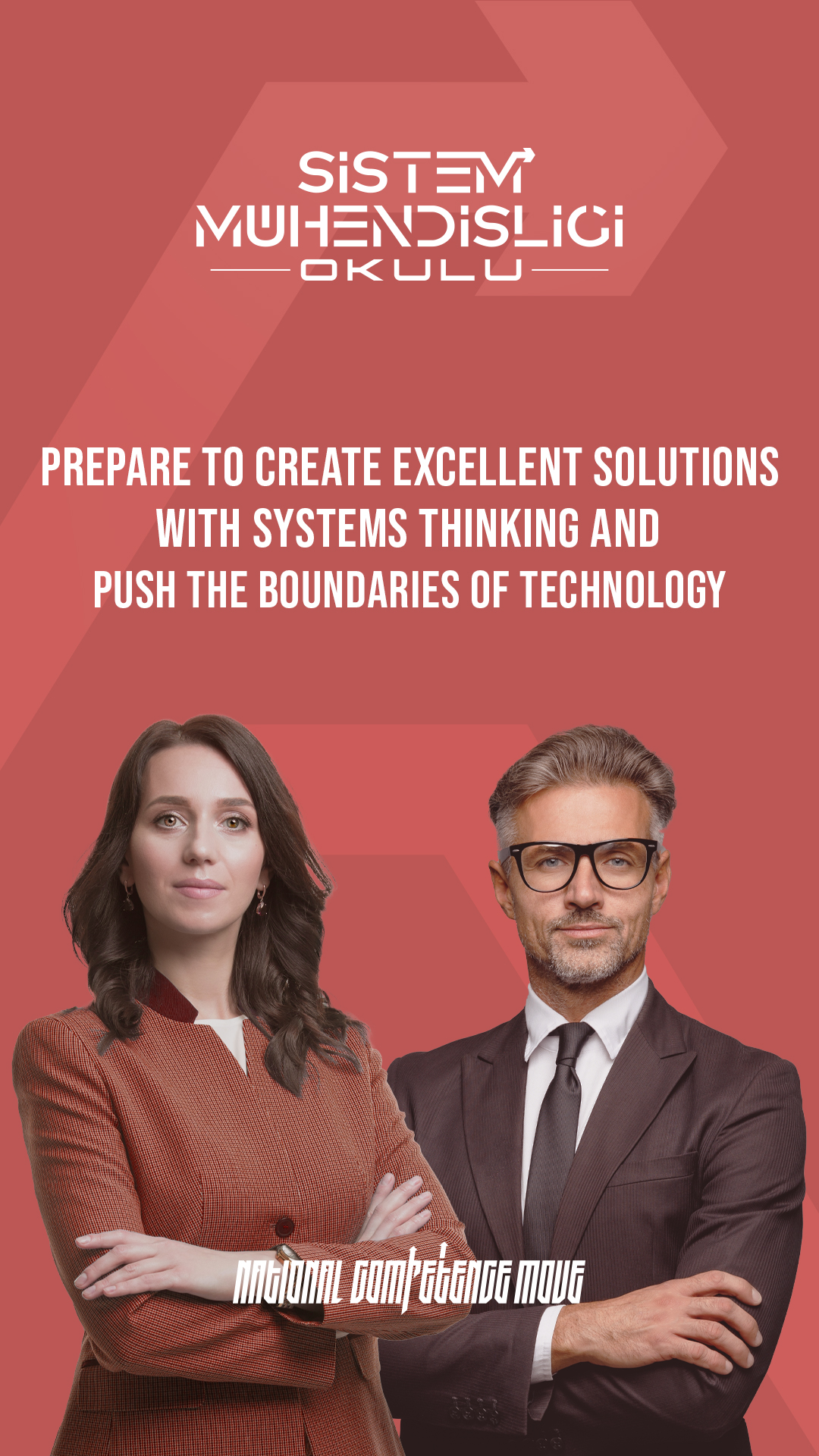
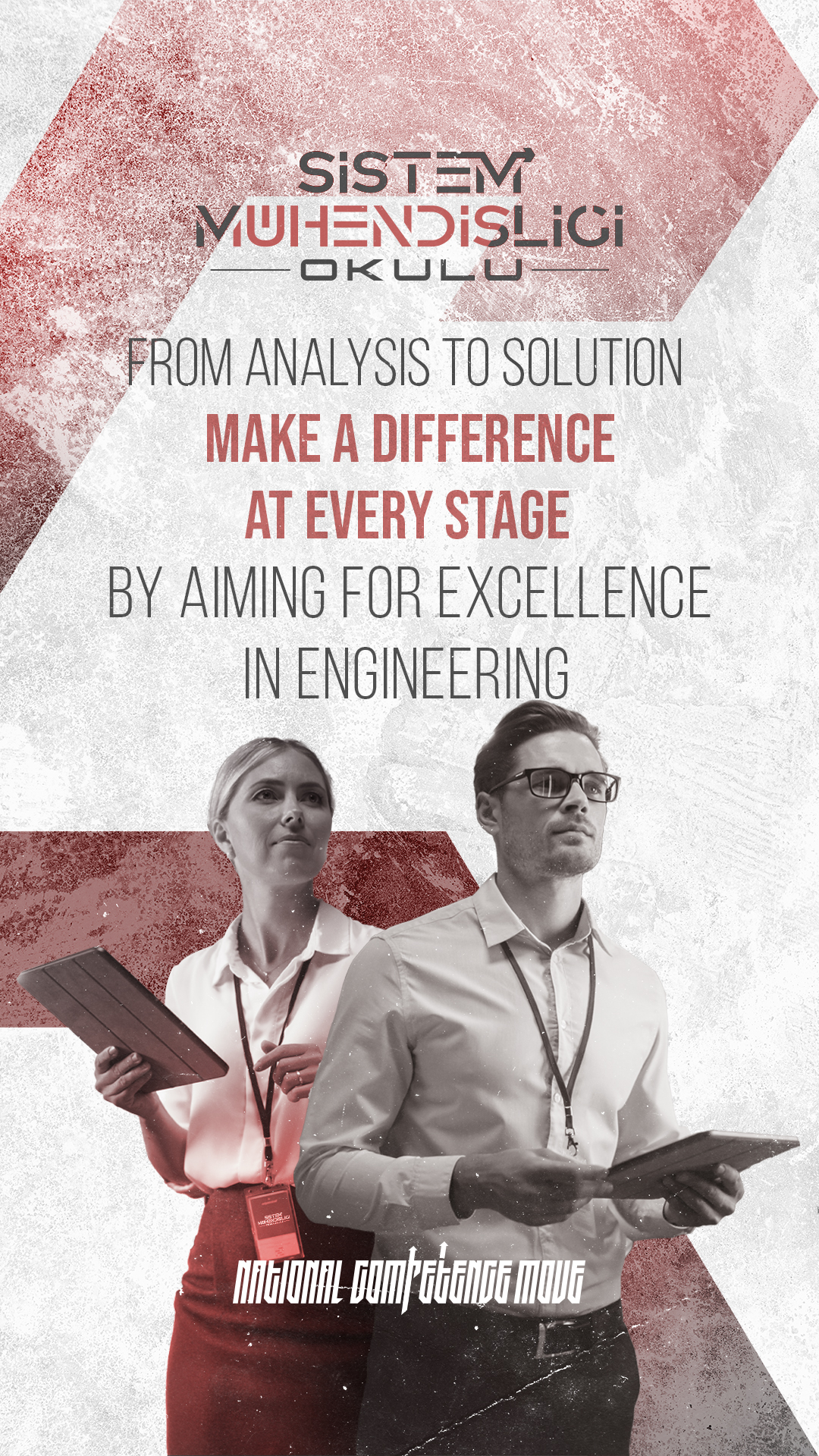

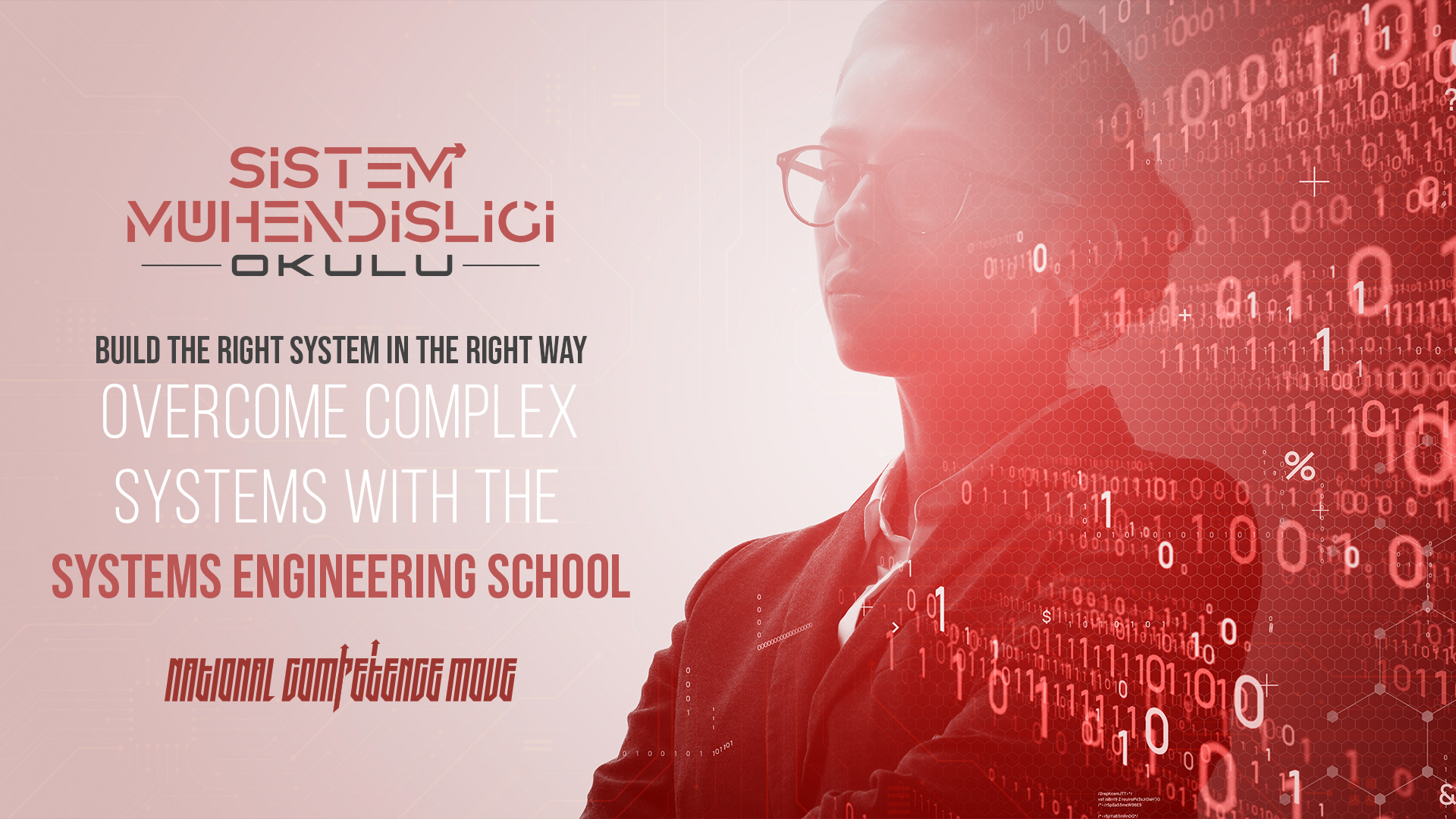
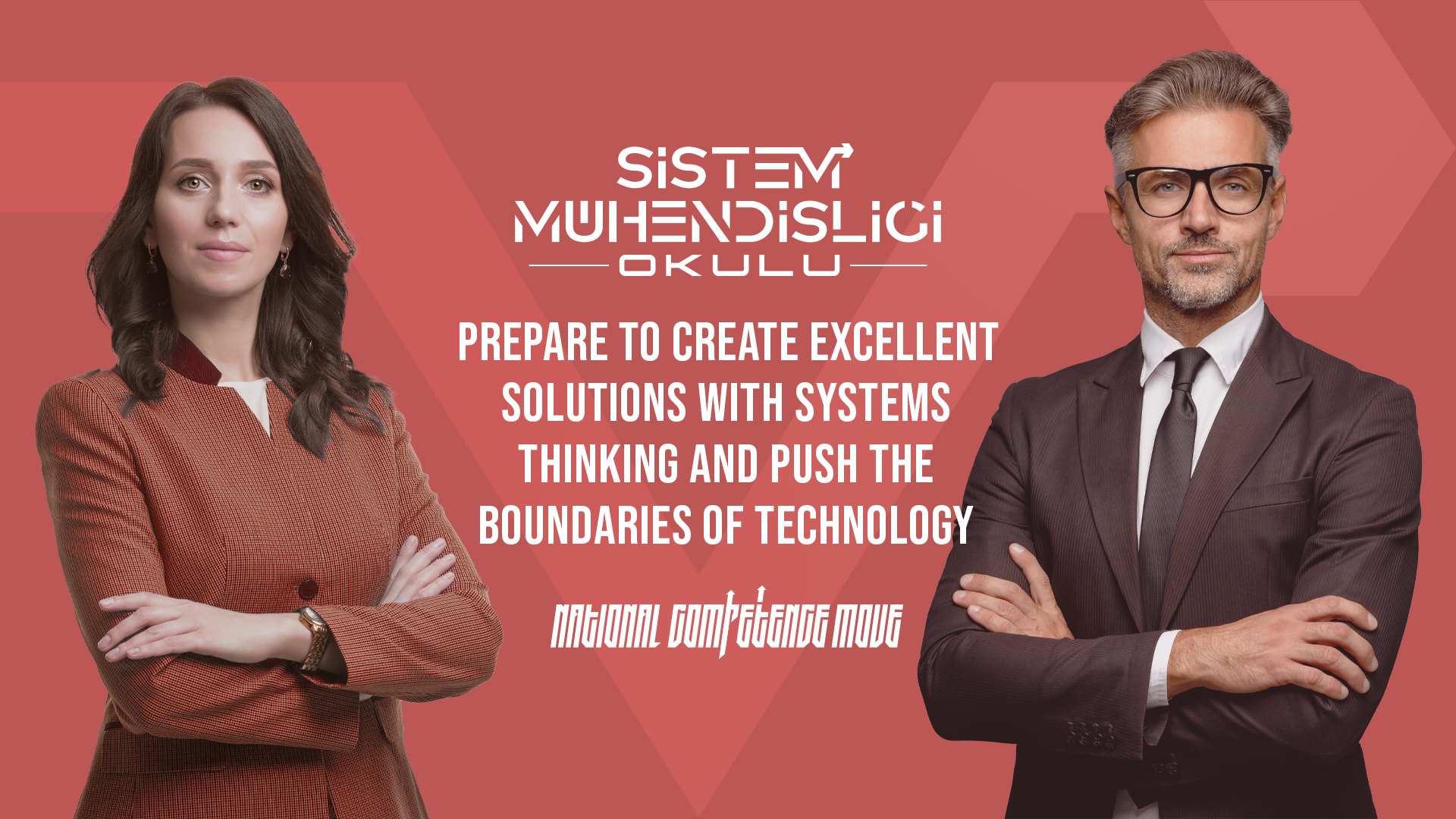
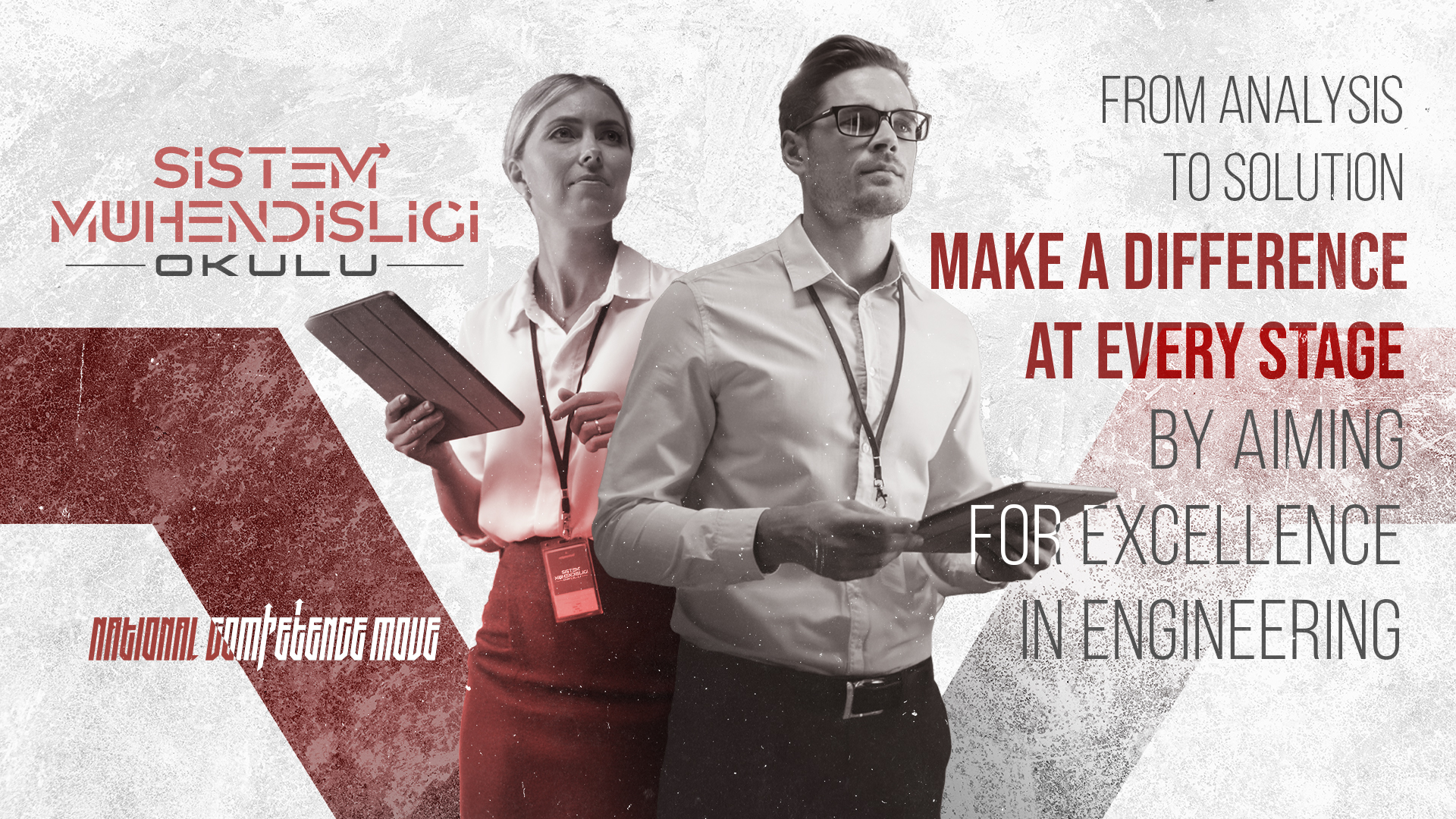
Since the term was first coined in the 1950s, the discipline of Systems Engineering (SE) has been increasingly widespread in various sectors, primarily in the Defense, Aviation and Space industries, as well as in Energy, Automotive, and Transportation. The aim of the training offered at the SE School is to enable engineers who work in research, technology development, product development, production and product support, and project management within the scope of system (hardware, software, components, etc.) development activities to be trained in a manner appropriate to the sector.
Within the scope of SE School, training contents including both theoretical and practical applications will be created by experienced personnel who have gained experience in the sector. It will be aimed to understand the SE life cycle quality understanding and system development processes through case studies.
The trainings are aimed at system engineers, software engineers, hardware engineers, test engineers, quality engineers and all other engineering disciplines and field experts working in the sectors described in the Vision Section. In addition, supply authority employees and employees of authority of need are also among the target audience of the trainings.
Trainings are designed and carried out with the support of industry professionals and academics with industry experience. The Expert Advisory Board established within this scope presents the vision of the SE School and forms opinions on training content at regular intervals.
The “Expert Advisory Board (EAB)” within the School of Systems Engineering provides opinions and recommendations on the following topics:
The “Coordinators” within the SE School take on duties in line with the needs of the sectors mention in the Vision section:
You can create a preliminary request for an existing course by selecting it from the "Courses" list and filling in the relevant sections under the "Request" tab.
You can create a preliminary request for an existing course by selecting it from the "Courses" list and filling in the relevant sections under the "Request" tab.
If the course you need is not in the existing list or requires customization, you can submit the course content, location, and preferred instructor (if any) here.
If the course you need is not in the existing list or requires customization, you can submit the course content, location, and preferred instructor (if any) here.

Arif Emre Örün
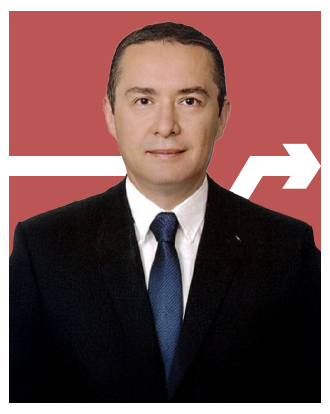
Ömer Korkmaz
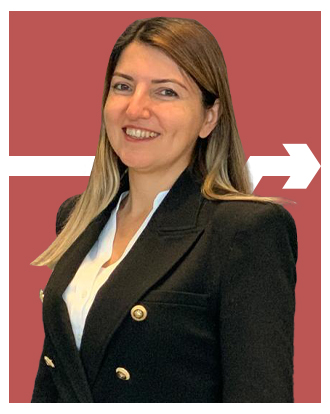
Aslıhan Albayrak
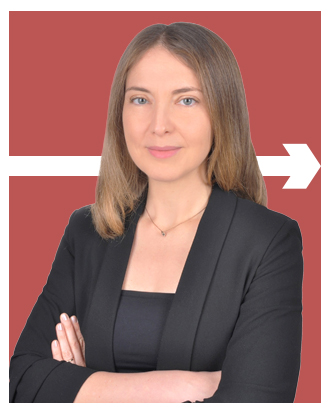
Zeynep Gündüz Öksüz
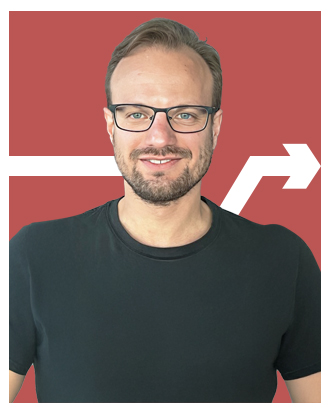
Mehmet Sinan Hasanoğlu
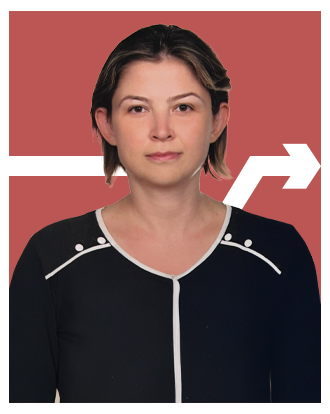
Şafak Bilgi Akdemir
The aim of this course is to provide participants with a comprehensive understanding of SE concepts, history, methodologies and application areas.
The aim of this training is to provide participants with a comprehensive understanding of SE concepts, history, methodologies and application areas. Participants will gain the knowledge and skills to understand SE practice by understanding the important aspects of SE and its relationships with other engineering disciplines.
This training will be given theoretically in a meeting or briefing room style classroom environment using whiteboard, projector, computer and MS Office tools.
No prerequisites.
The outcomes of this course are explained below:
This course aims to provide a comprehensive understanding of the key elements and processes of Systems Engineering (SE).
This training aims to comprehensively explain the basic elements and processes of SE. It is aimed to teach the participants the theoretical knowledge and best practices that will enable them to develop SE practice and apply it effectively in projects by teaching the system life cycle, technical processes and technical management processes. The training is structured to ensure that professionals who will have knowledge in the field of SE are actively involved in all stages from system design to implementation and to lead system development activities. Participants will learn the SE processes and make more conscious and effective decisions in projects.
This training will be given theoretically in a meeting or briefing room style classroom environment using whiteboard, projector, computer and MS Office tools.
Having received SMFS01 training.
The outcomes of this course are explained below:
This course aims to provide participants with a comprehensive coverage of both the technical and managerial aspects of SE, enabling them to engage in engineering projects in a more effective and informed manner.
This course aims to provide participants with a comprehensive understanding of both the technical and managerial aspects of SM, enabling them to take part in engineering projects more effectively and consciously. Participants will gain knowledge of project management and technical management, along with the skills to implement SM processes.
This training will be given theoretically in a meeting or briefing room style classroom environment using whiteboard, projector, computer and MS Office tools.
Completion of .Fundamentals of Systems Engineering/Basic Systems Engineering Course.
The outcomes of this course are explained below:
The aim of this course is to provide detailed information and best practices on technical reviews performed within the scope of ISO/IEC 15288 Systems Engineering processes.
The aim of this training is to provide detailed information about technical reviews performed within the scope of ISO/IEC 15288 Systems Engineering processes and to explain best practices.
This training will be given theoretically in a meeting or briefing room style classroom environment using whiteboard, projector, computer and MS Office tools.
Completion of .Fundamentals of Systems Engineering/Basic Systems Engineering Course.
The outcomes of this course are explained below:
This training aims to provide participants with the basic skills that will increase success in their personal and professional lives and help them take a more effective, efficient and directive role.
This course aims to provide participants with basic skills that will increase their success in their personal and professional lives, and to help them take on a more effective, efficient and guiding role. The training content covers a wide range from personal management skills to communication and coordination skills, to decision-making and leadership skills. These skills will allow participants to increase not only their individual success, but also team dynamics and organizational efficiency. While the information provided within the scope of the course is common to all areas of expertise, the aim is to make the information learned more permanent by selecting the examples given from the daily professional life of system engineers.
This training will be given theoretically in a meeting or briefing room style classroom environment using whiteboard, projector, computer and MS Office tools.
No prerequisite.
The outcomes of this course are explained below:
This course aims to teach the basic concepts and techniques of requirements analysis in system development processes.
This training aims to teach the basic concepts and techniques related to requirements analysis in system development processes. It aims to provide participants with the skills to effectively apply requirements analysis processes, to make more conscious decisions in system development processes and to increase the success of the project. The training content covers the processes from the definition of the problem area to the elicitation, definition, verification and traceability of requirements. Participants will have the competence to manage all requirements management processes professionally.
This training will be given theoretically in a meeting or briefing room style classroom environment using whiteboard, projector, computer, MS Office tools. In addition to theoretical training, it will also include a workshop. Participants will have the opportunity to experience the theoretical knowledge they have learned by applying it in the workshop.
Having received SMTS01 training or having at least 3 years of experience in the SE field.
The outcomes of this course are explained below:
This course aims to teach the basic concepts and processes of system design and architecture.
This training aims to teach the fundamental concepts and processes related to system design and architecture. It aims to provide participants with a comprehensive knowledge and skill set in system design and architecture. With the information and techniques learned, participants will be able to take part in complex system projects more effectively and efficiently. Participants will develop an effective and systematic approach by learning the stages from defining the external interfaces of the system to the design of complex system components. Thus, the training aims to support professional development in the field of SE and make a significant contribution to the careers of the participants.
This training will be given theoretically in a meeting or briefing room style classroom environment using whiteboard, projector, computer, MS Office tools. In addition to theoretical training, it will also include a workshop. Participants will have the opportunity to experience the theoretical knowledge they have learned by applying it in the workshop.
Having received SMTS01 training or having at least 3 years of experience in the SE field
The outcomes of this course are explained below:
This course aims to provide participants with the knowledge and skills necessary to improve their understanding and application of modern software and system architectures.
This training aims to develop the ability to understand and apply modern software and system architectures, and to provide participants with the knowledge and skills necessary to work more effectively and securely in today's complex systems. It aims to provide participants with in-depth knowledge of advanced system design and management, focusing especially on fundamental topics such as distributed architectures, load balancing, system performance and security. The training focuses on fundamental principles such as system scalability, performance optimization, availability and consistency (CAP theorem), and security architectures. Participants will learn system design elements such as load balancing, data engineering, storage technologies and virtualization types. In addition, advanced topics such as microservices, asynchronous communication, DevOps methodologies and disaster recovery strategies are covered. At the end of the training, participants will have the skills to design scalable and optimized systems that are resilient to modern challenges such as data management, service delivery and system integration.
This training will be given in a classroom environment. In addition to theoretical training, it will also include a workshop for some parts of the training. Participants will have the opportunity to experience the theoretical information they have learned by applying it in the workshop.
Having received SMTS01 training or having at least 3 years of experience in the SE field.
The outcomes of this course are explained below:
This course aims to teach the concepts and applications of Model-Based Systems Engineering (MBSE) in detail so that participants can integrate MBSE into their own projects.
This training aims to teach the concepts and applications of Model-Based Systems Engineering (MBSE) in detail, to provide participants with the importance of modeling in modern systems engineering processes, to provide participants with a comprehensive understanding of MBSE applications, and to integrate this knowledge into their own projects. Starting from the basics of MBSE, the training focuses on SysML (System Modeling Language) and modeling techniques. Participants will gain the ability to manage modern engineering processes more effectively and to make more informed decisions in systems engineering projects.
This training will be given theoretically in a meeting or briefing room style classroom environment using whiteboard, projector, computer, MS Office tools. In addition to theoretical training, it will also include a workshop. Participants will have the opportunity to experience the theoretical information they have learned by applying it in the workshop.
Having received SMTS01 training or having at least 3 years of experience in the SE field.
The outcomes of this course are explained below:
This course has been developed to provide an in-depth understanding of the System of Systems (SoS) concept and to effectively apply the SoS approach in requirements development, system design and engineering management processes.
This course is structured to deeply understand the concept of System of Systems (SoS) and to effectively apply the SoS approach in requirements development, system design and engineering management processes. The course aims to enable participants to understand and apply the System of Systems approach more consciously and effectively in complex system engineering projects. Participants will gain knowledge in a wide range, starting from the basic definition and characteristics of SoS to various application areas and management processes; they will gain deep knowledge about the SoS concept and processes and will be equipped with the ability to integrate this knowledge into their projects.
This training will be given theoretically in a meeting or briefing room style classroom environment using whiteboard, projector, computer and MS Office tools.
Completion of .Fundamentals of Systems Engineering/Basic Systems Engineering Course.
The outcomes of this course are explained below:
This course has been developed to provide an in-depth understanding of the System of Systems (SoS) concept and to effectively apply the SoS approach in requirements development, system design and engineering management processes.
In this training, information about the system requirements definition, verification and development processes and internal components of air defense missiles will be presented. Modeling, model simulation and linking the requirements with the model will be demonstrated practically on the MBSE Tool to create the system requirements and architecture.
Part of the training will be delivered in the classroom, through presentations, photos and videos. The practical part will be given through Cameo MBSE tool.
Bachelor's degree, at least 2 years of experience in missile projects.
The outcomes of this course are explained below:
This course aims to explain the basic principles, processes and best practices of SE in preparation for the SEP (Systems Engineering Professional) certification exam conducted by INCOSE, thus providing participants with an integrated and comprehensive content.
This training aims to teach the participants the basic principles, processes and best practices of SE in the preparation process for the ASEP (Associate Systems Engineering Professional) and CSEP (Certified Systems Engineering Professional) certificates offered by INCOSE, and to provide an integrated and comprehensive training system to the participants in the preparation process for the ASEP and CSEP certificates. Thus, the training aims to develop the participants' knowledge and skills in SE, to take part in their professional lives more effectively and consciously, and to make a significant contribution to their careers as competent and certified professionals in the field of SE.
This training will be given theoretically in a meeting or briefing room style classroom environment using whiteboard, projector, computer, MS Office tools.
Having received SMTS01 training.
The outcomes of this course are explained below:
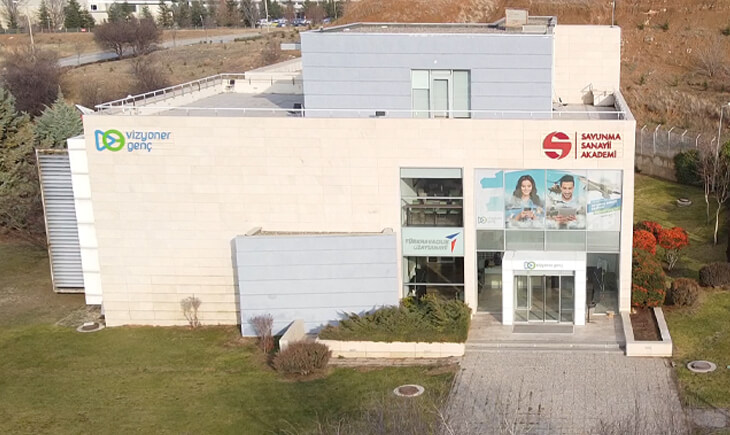
Savunma Sanayi Akademi
Üniversiteler Mahallesi ODTÜ TEKNOKENT, 06800, Çankaya/Ankara/Türkiye
+90 312 424 19 62
akademi@ssb.gov.tr